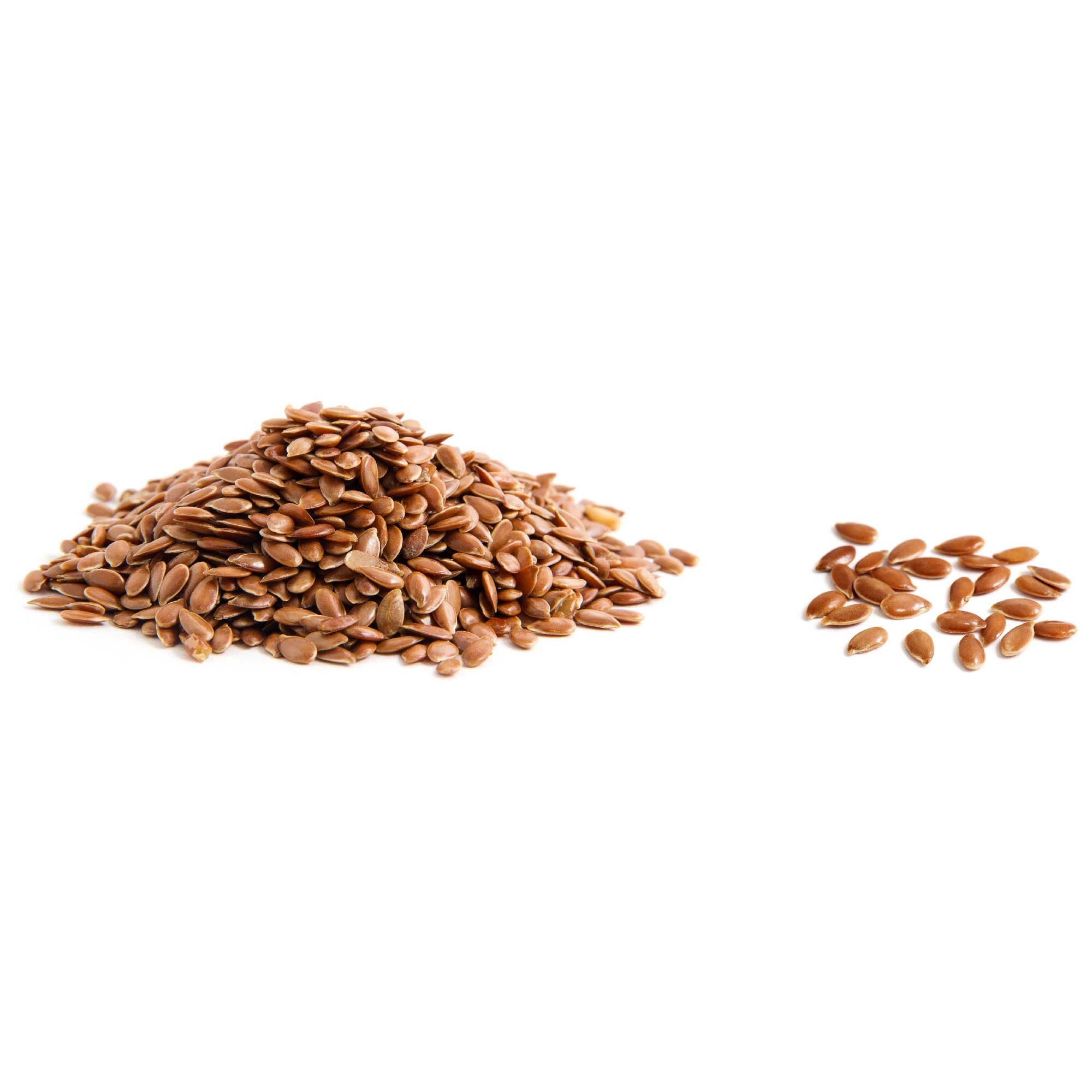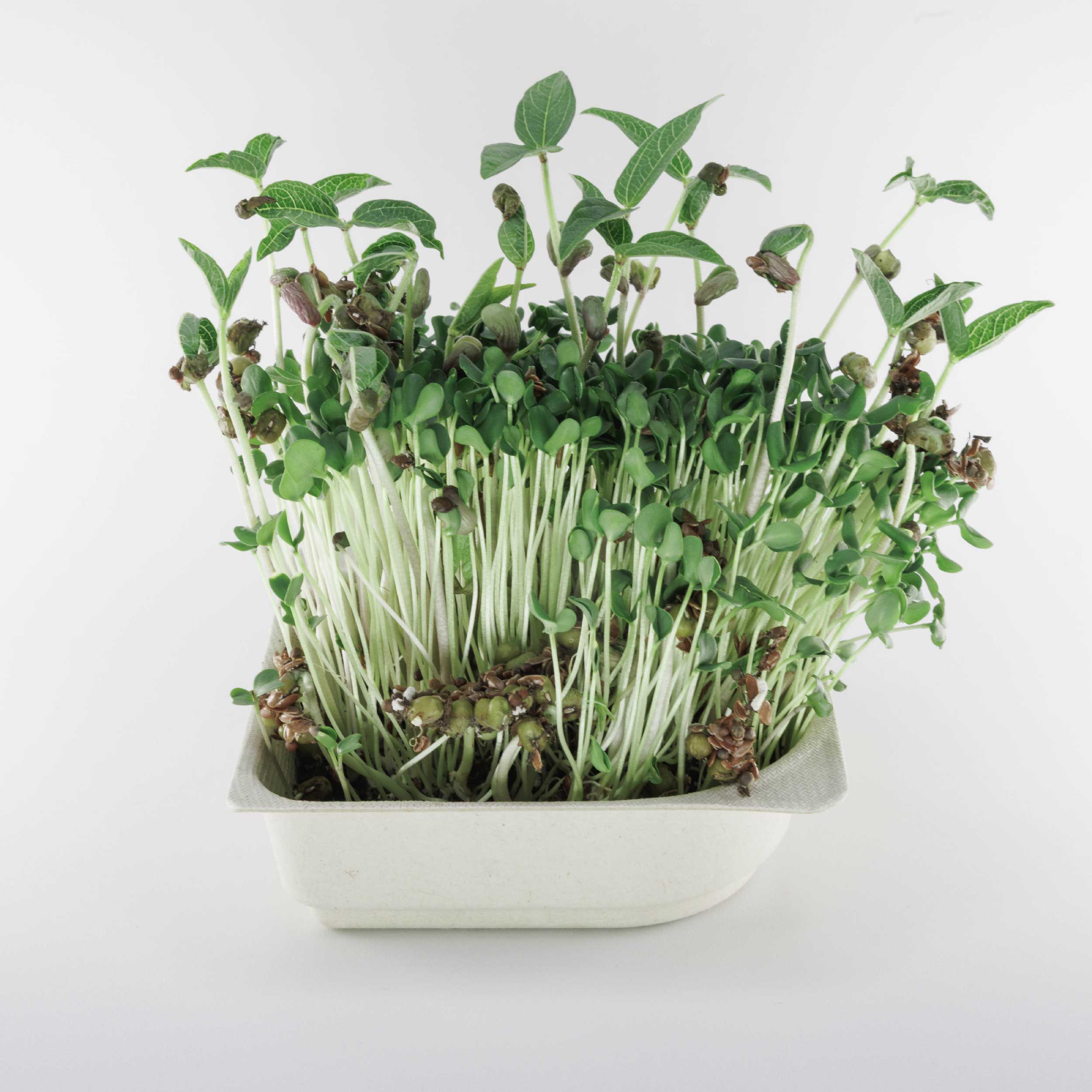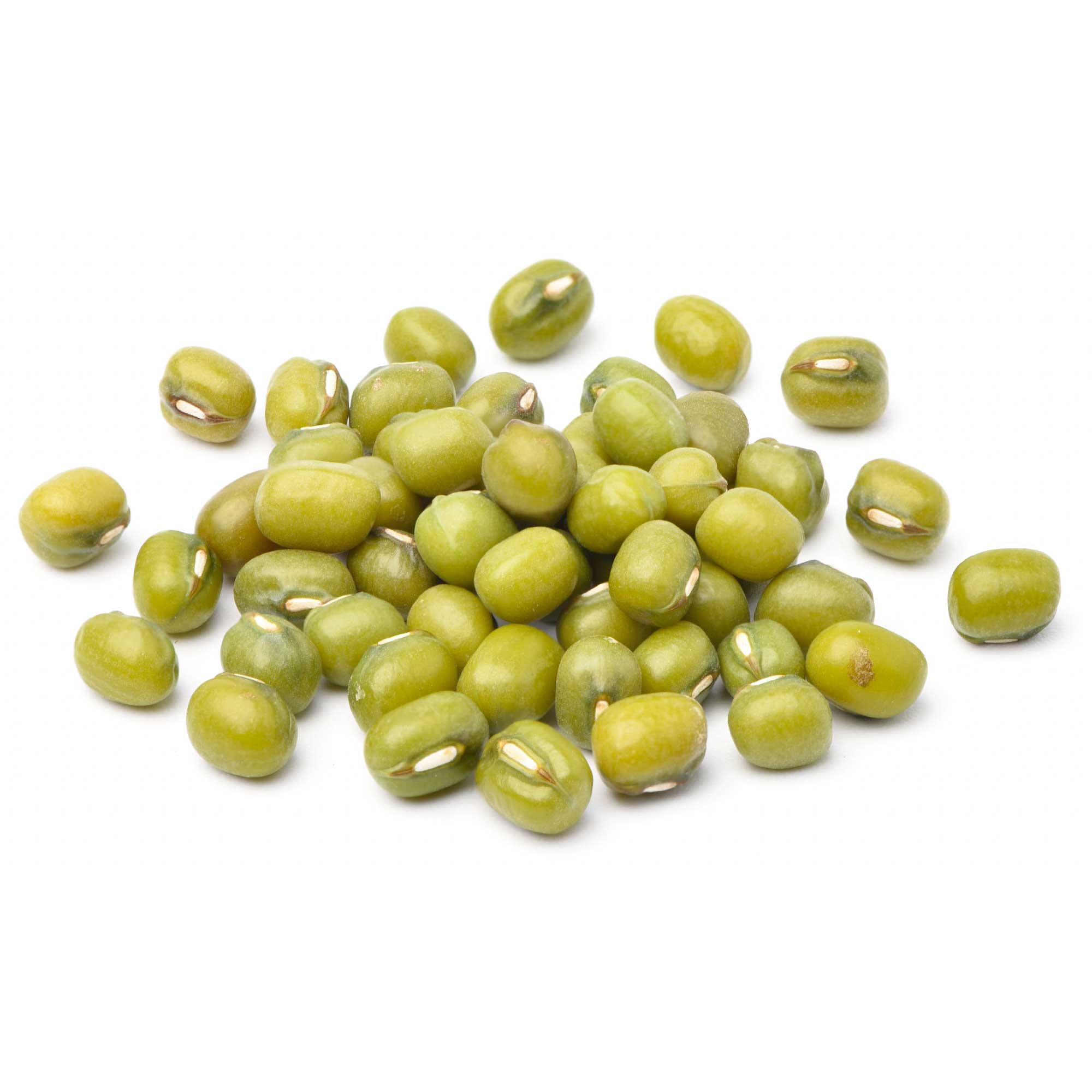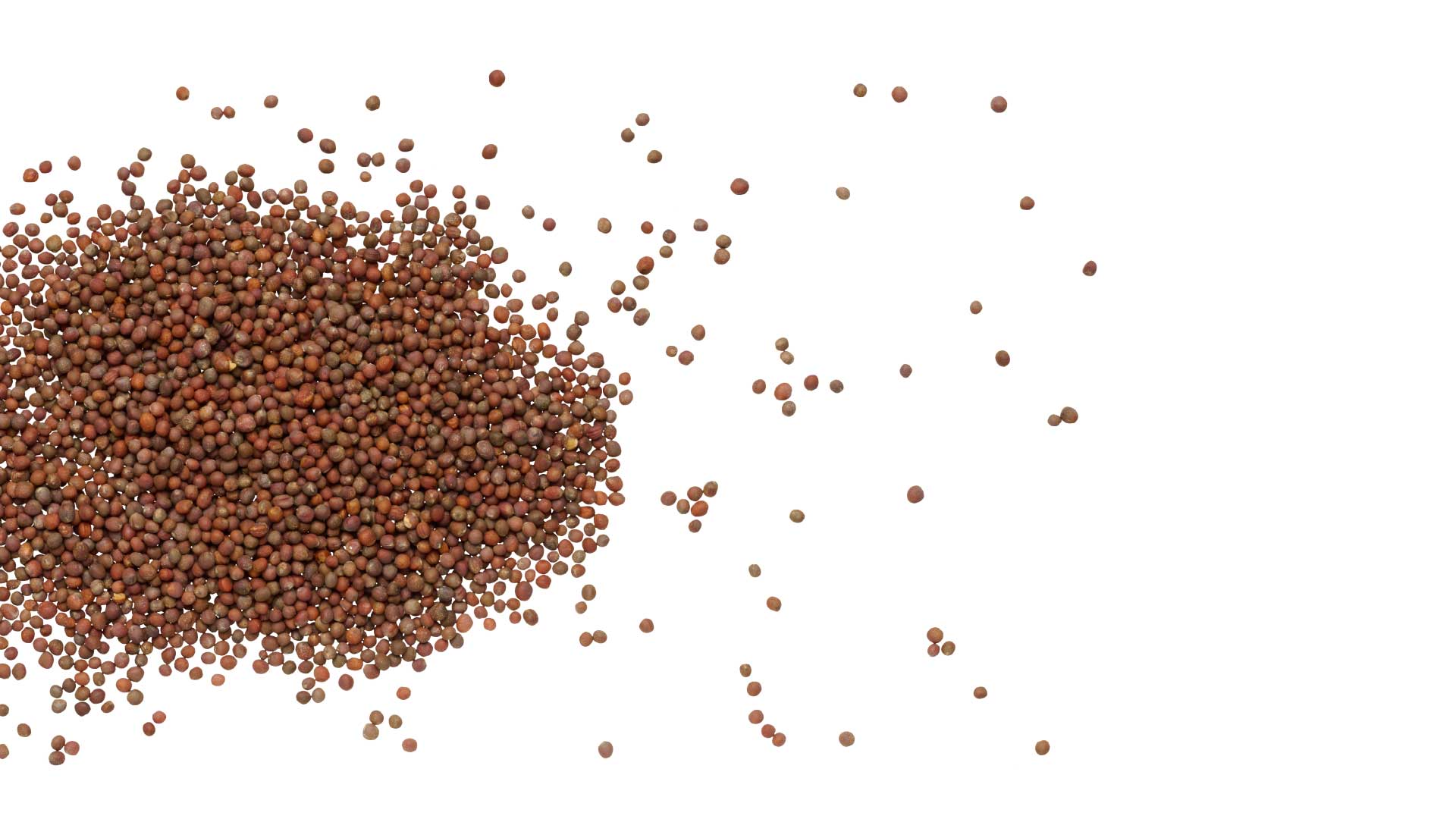Understanding Your Hormones
Hormones are essential for regulating many bodily processes, including mood, metabolism, homeostasis, and reproduction. Hormonal imbalances, affecting up to 80% of women, can cause symptoms like:
Fatigue
Mood swings
Weight gain
Hair loss
Temperature dysregulation
Digestive troubles
The symptoms of hormone imbalance can be unsettling and uncomfortable. Here is the good news - simple, lifestyle changes can make a dramatic and lasting impact! [1]
How Diet Impacts Hormone Balance
Your diet provides the essential building blocks for hormone production and balance. Every meal is an opportunity to support hormone health, and incorporating nutrient-dense superfoods delivers the bioavailable nutrients your body needs. Proper nutrition also supports liver and gut function—both vital for optimal hormonal health.
In a world where our food does not have the nutrient-rich content it had at one time, we believe that microgreens are one of the best ways to support dense nutrition in our diet. With up to 40 times the nutrients of mature plants, microgreens deliver vitamins A, C, E, and phytonutrients. [2]
Minerals
Antioxidant-Rich
Chlorophyll
Fiber
Omega-3
Protein
Vitamin A
B Vitamins
Vitamin C
Designed for Convenience

Hormone Blend Microgreens grow effortlessly with the Instafarm in the comfort of your own kitchen. Add them to meals for a nutrient boost that supports hormonal balance and overall wellness.
“[Mung Beans have] been known to be an excellent source of protein, dietary fiber, minerals, vitamins, and significant amounts of bioactive compounds, including polyphenols, polysaccharides, and peptides, therefore, becoming a popular functional food in promoting good health.” [5]
“Brussels sprouts are high in fiber, vitamins, minerals, and antioxidants, making them a nutritious addition to your diet.” [9]
Vegetables like broccoli, Brussels sprout, and kale contain phytoestrogens with anti-cancer and anti-inflammatory properties. Diets rich in cruciferous vegetables are also associated with lower risk of many chronic diseases, including heart problems.

“Broccoli sprouts, or in particular sulforaphane, up regulates an enzyme in phase II liver detoxification important in excreting excess estrogen.” [14]
Flax Seed Microgreens


Flax seed microgreens provide lignans and omega-3 fatty acids, which regulate hormone levels (especially estrogen), and can help reduce inflammation. [15] [16]
“Flaxseeds are the richest dietary source of lignans (polyphenols found in plants). Researchers believe they lower breast cancer risk.” [17]
Sources
[1] Importance of Hormone Balance
[2] Nutrition and Hormonal Health
[3] Beyond the Antioxidant Activity of Dietary Polyphenols in Cancer
[4] Effect of daily fiber intake on productive function
[6] Glucosinolates in Human Health
[7] Vitamin C is an important cofactor
[8] Exploring the bioaccessibility of polyphenols and glucosinolates
[9] Ways Brussels Sprouts Benefit Your Health
[10] Top Foods High in Estrogen
[12]How minerals influence women's fertility and menstrual health
[13] Broccoli Microgreens: A Mineral-Rich Crop
[14] Broccoli sprouts and detoxification
The statements above have not been evaluated by the Food and Drug Administration. This product is not intended to diagnose, treat, cure, or prevent any disease.
















